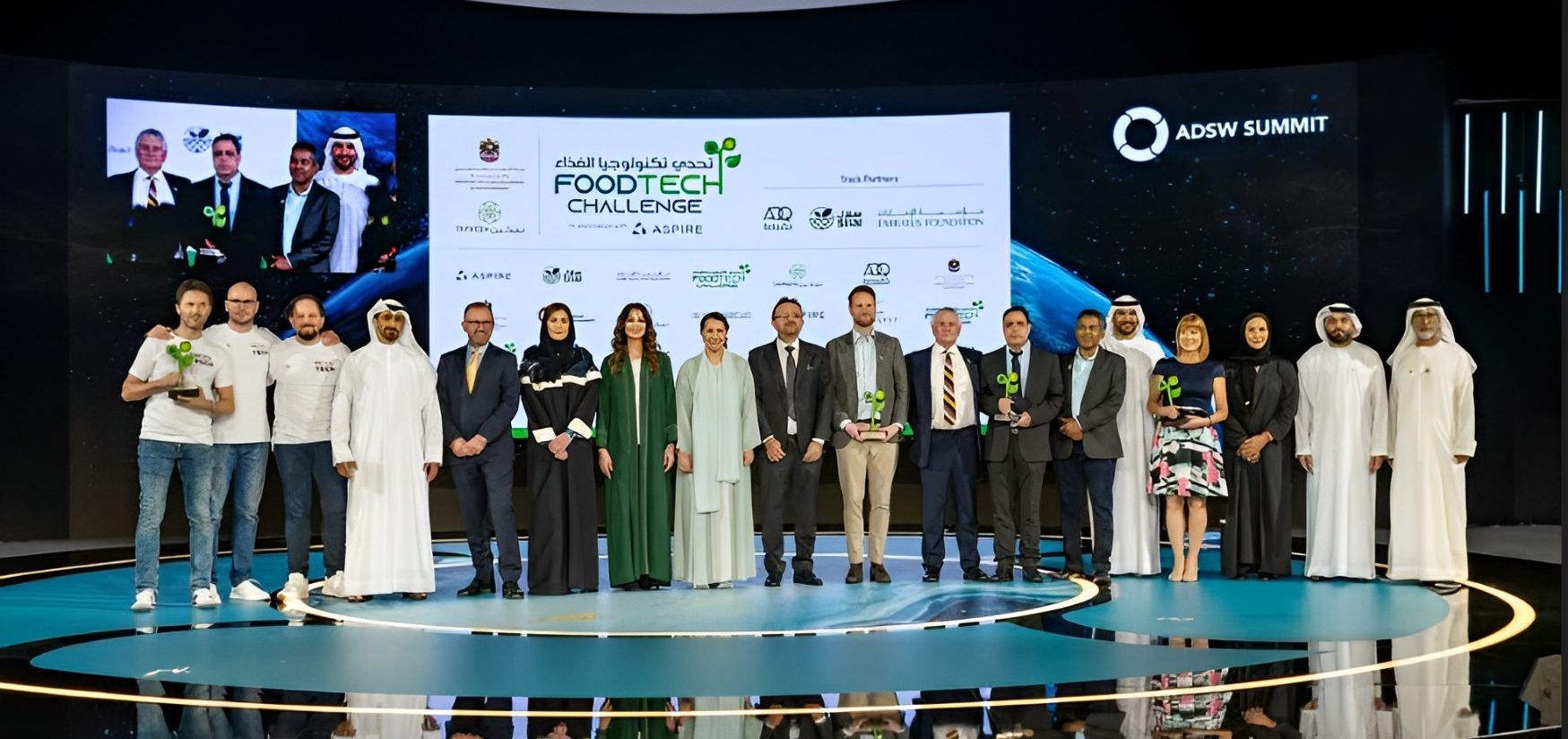Beyond simply producing plant-based proteins, Sustainable Planet goes the extra mile in regenerating the Earth’s resources. Through strategic partnerships and initiatives, the company actively works towards reforesting degraded land, restoring biodiversity, and implementing circular farming practices that nourish the soil and ensure long-term sustainability. Susan Payne’s role as the COO of Sustainable Planet is pivotal in driving the company’s ambitious vision forward. With her deep-rooted passion for environmental conservation and extensive expertise in sustainable agriculture, she is leading the charge towards a greener, more resilient future. Payne’s leadership and strategic acumen are instrumental in steering Sustainable Planet towards the forefront of the plant-based protein industry, setting new standards for sustainability, and inspiring other companies to follow suit. Delivery Rank delves into Susan Payne’s journey, exploring her motivations, accomplishments, and the transformative impact of Sustainable Planet’s mission. Join us as we uncover the remarkable story of an individual determined to reshape the food industry and create a positive impact on both our plates and the planet we call home.
As the COO of Sustainable Planet, can you provide an overview of the company’s mission and how it aligns with the goals of regenerating Earth’s resources and mitigating carbon emissions?
The main goals of Sustainable Planet are to produce a sustainable plant protein source on non-arable land, using limited water and eradicating deforestation; to scale up production globally, preferably training and equipping subsistence farmers to grow, in order to compete with soybean prices; to establish carbon credits using this protein source, which is also a carbon sink, and to produce one million dry tons of raw material in the next 10 years.
Aside from addressing food security at scale, an important part of our business is its green initiative, including establishing carbon credits. The plant, the water lentil, the smallest flowering plant on the planet, also produces more oxygen than any other, similar to an algae. At our flagship project in Mozambique, we use non agricultural land, which is salt impacted so that no plant can currently grow there. Water lentils actually flourish in a certain level of salt, which hastens their growth. Due to their regenerative qualities, after a few years, the water lentils actually clean the saline soils on which they sit, acting much like tiny vacuum cleaners, regenerating it for future use in traditional cropping.
In fact, water lentils are far more sustainable than other forms of plant protein, using, for example, 15 times less water than soybean production.
How does Sustainable Planet grow premium plant-based proteins on a large scale while ensuring sustainability and minimizing environmental impact?
We use non-agriculture land for agriculture primary production. We do not use any chemicals; our growing program is organic. This is the world’s most sustainable plant protein, aside from which the plant absorbs nitrates and reduces carbon emissions. Compared to soybean protein, or even animal protein, this is the most efficient plant: producing protein at scale while acting as a carbon sink. To give some idea of that scale: while soybeans produce on average 4 tons per hectare per annum, water lentils produce between 40 tons – 100 tons per hectare per annum, depending on climate conditions.
What challenges do you face in scaling up the production of plant-based proteins, and how does Sustainable Planet overcome these challenges?
Despite the obvious benefits of the plant and the accolades the company has attracted as a result, like winning the Food Tech Challenge in January out of 667 companies from 79 countries, the greatest challenge we face is funding.
We are committed to training and employing subsistence farmers as our out growers, and to focus on sub-tropical countries where poverty can be rife. While the company addresses 13 of 17 UN SDGs and is a low cost producer, impact investors, notwithstanding the very robust returns on investment achieved, do not often finance young companies.
The actual roll out and scaling up of our production is not a risky exercise. Importantly, too, the company holds the IP to create the isolated powder and has considerable demand for the product globally.
What role does technology play in Sustainable Planet’s operations, and how do you leverage technological advancements to optimize production processes and achieve sustainability targets?
Technology plays a vital role to produce a wide range of human foodstuffs using the colorless, odorless powder derived using it. There are two elements to the process: the farming itself at scale, which is unique but low tech, and the production of protein concentrate or protein isolate from the water lentils. This requires the IP the company holds. We are working with the University of Wageningen, the leader globally in water le
As the COO of Sustainable Planet, what is your vision for the future of the company, and how do you plan to continue making a high impact in the agri-food tech industry?
Our vision is to share the many benefits of this plant as an optimal protein source, which is also a super-food offering not only protein but also amino acids, B12, calcium and iron. It is a protein hero. We wish to see increased production globally of the plant through the exposure we hope to provide, speaking about it widely at various events and exhibitions to promote both its benefits and our venture.
Article link: HERE


0 Comments